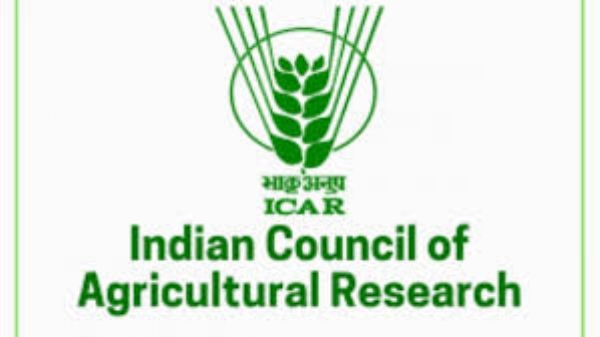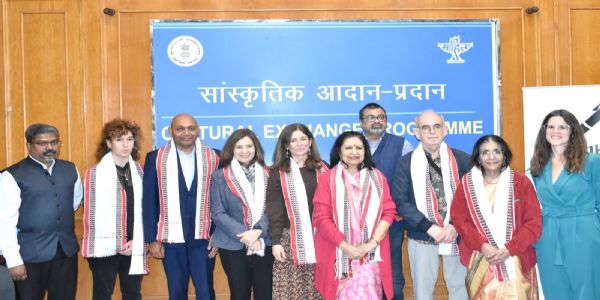
Delhi, 26 November (H.S.): The Indian Council of Agricultural Research (ICAR) on Wednesday categorically denied allegations of bias in the evaluation of two new genetically-edited rice varieties, Pusa DST-1 and DRR Dhan 100 Kamala. In a formal statement, ICAR asserted that the trials were conducted with impartiality and that both varieties exhibit superior yield and greater resilience to environmental stressors like drought in their targeted agro-climatic zones.
The council elaborated on its stringent, long-standing evaluation protocol managed by the All India Coordinated Research Project on Rice (AICRPR). Under this system, newly developed varieties from scientists across the country are blind-coded to conceal their origin and creator, ensuring an unbiased assessment. These varieties then undergo multi-locational trials for two to three years at approximately 100 centers nationwide.
This robust testing framework, which has been operational since 1965, evaluates more than 1,200 new rice lines annually and has successfully led to the release of over 1,750 rice varieties and hybrids.This clarification was issued in response to recent accusations from the Coalition for a GM-Free India.
The advocacy group had questioned the integrity of the trials, alleging that ICAR had manipulated its own data to favor the new varieties. ICAR countered by stating that the performance reports for these rice varieties were meticulously prepared based on consolidated data from the 2023 and 2024 annual reports of the AICRPR.
---------------
Hindusthan Samachar / Jun Sarkar








